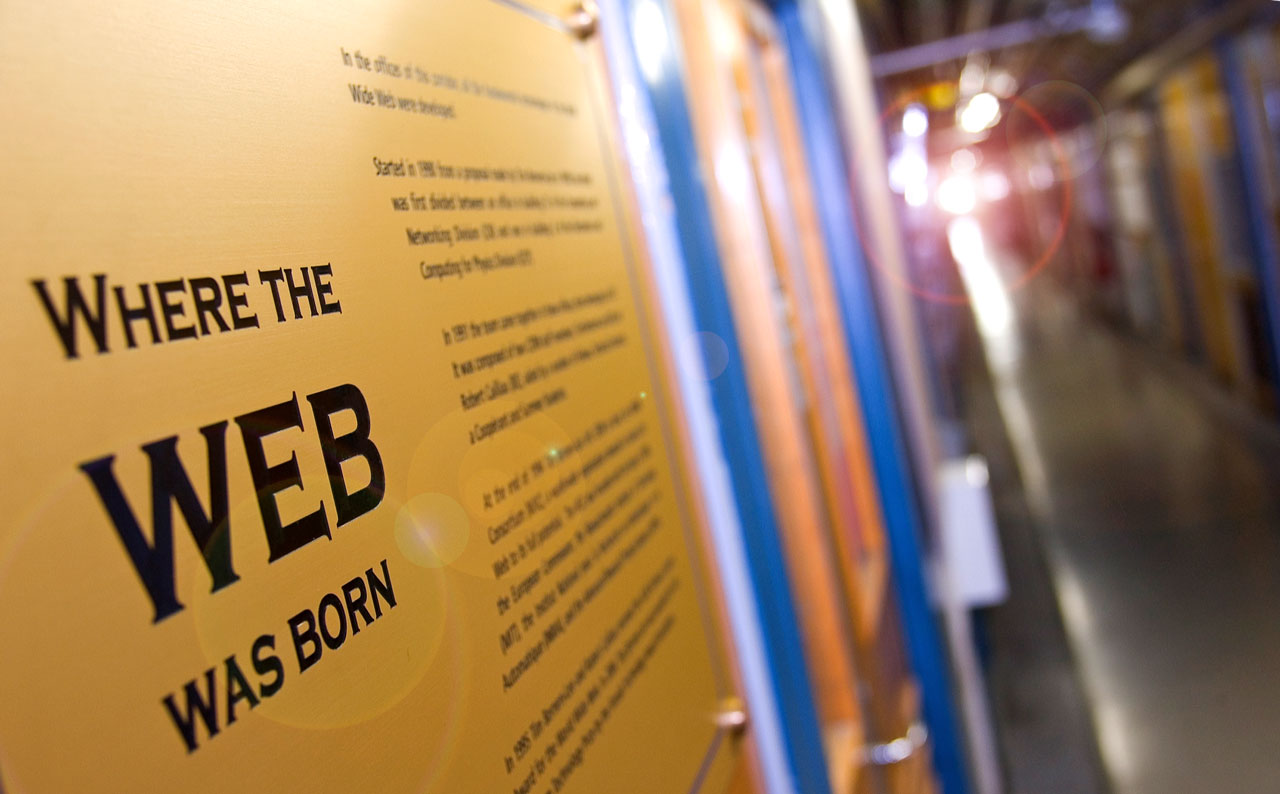Technology and Knowledge Transfer
All research results obtained by the LHC collaborations are released freely to the public. As a result, this curiosity-driven research is constantly expanding the wealth of knowledge in our society. Fundamental research in the ErUM FSPs is not designed for financial gain here and the invention of new products or services is not the priority. Despite this, this form of free research creates the space for developing new, application-orientated methods and thereby provides the scientific fertile ground for new technologies. Many of these inventions have an impact on our everyday lives and therefore directly benefit society.
Research in particle physics has been particularly instrumental in advancing the state of development in the following areas:
- High-performance magnets
- Highly sensitive sensors
- Fast electronics
- Powerful computers and storage media

Virtual Supercomputer for Complex Forecasts
Extensive amounts of data are produced during the many billions of particle collisions at the LHC. This poses major challenges for researchers in terms of storing and analyzing this information. This is why the scientists working with ErUM FSPs have developed and perfected grid computing in an international collaboration. This involves connecting several hundred thousand powerful computers together to form a type of virtual supercomputer capable of solving particularly complex computing tasks within a short period of time. This method has since been used by more than just particle physicists: the grid is used to make predictions about climate change, predict complex disease progressions and simulate the effectiveness of new drugs, amongst other things. Furthermore, grid computing has evolved into cloud computing, which is now widely used in our everyday lives.

The WWW
A mere fraction of the scientists involved in the LHC experiments are actually stationed at CERN. They spend most of their time working at universities and research institutions around the world. Effective communication tools are therefore indispensable. In order to facilitate the exchange of information between researchers, the Briton Tim Berners-Lee developed the World Wide Web (WWW) in 1989 during his work at CERN. The WWW software was also made available to the general public in the 1990s. Since then, the web has had a profound impact on the daily lives of almost everyone on our planet and opened the door to many other technological developments.
Industry Co-operations
The experiments conducted at the Large Hadron Collider represent true drivers of innovation. The accelerator components and particle detectors needed are highly complex. In collaboration with partner companies from industry, the institutes of the ErUM Research Priority Programs are constantly driving the further development of what is technologically feasible.
Are you an entrepreneur or do you manage an innovation department and would like to collaborate with the ErUM FSPs? Get in touch with us and we will connect you with potential cooperation partners in your area.
Enquire about cooperation now!